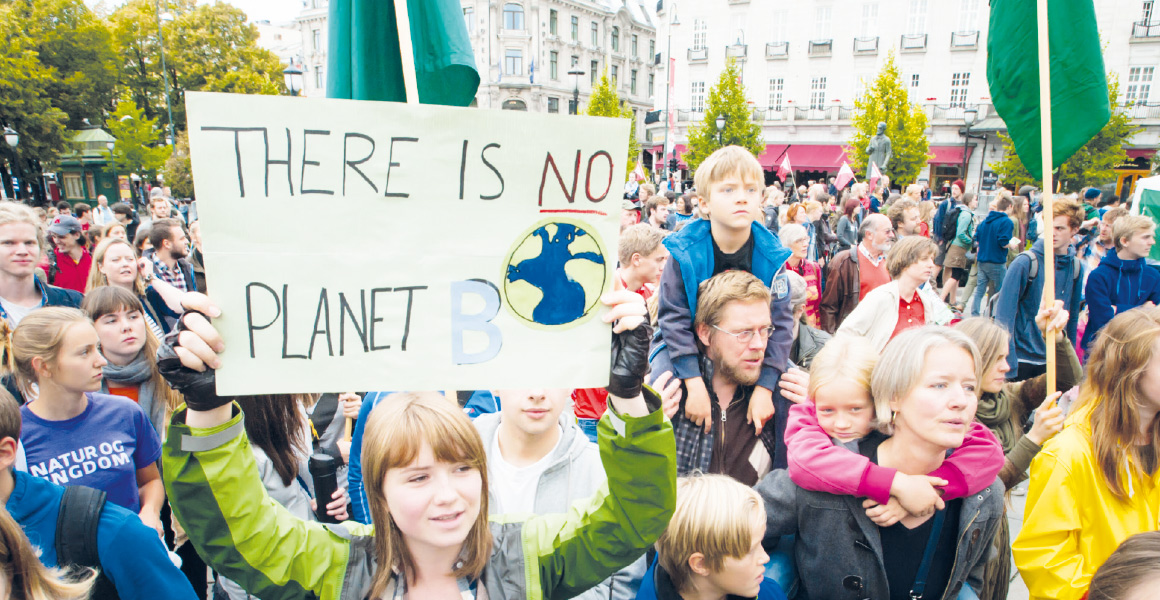My brother bought me a cup of coffee last week and when he returned he presented me with a Keep Cup, which is advertised as “The Original Reusable Coffee Cup”.
On the side it says: “It started in a Melbourne café in 2008 with a simple idea: “Keep it and Use it Again.” It will take 227ml of liquid and I must remember to carry it with me.
What would you say if I tried to use it in your shop?
One of the things my brother is currently working on is how to influence companies to reduce their use of plastic packaging. His organisation, which represents investment funds, has recently persuaded one well-known chain of restaurants to stop putting straws in drinks.
I guess there are other people in the world doing this too because now Coca-Cola has announced what the media are calling “ambitious new targets” for package recycling.
The FT says there are two reasons for this. Because it is good for the environment and also because consumers are voting with their wallets in favour of things that hurt the environment less. The third reason is perhaps because far-sighted investors believe not doing so will start hurting profit numbers within a few years.
Younger people, such as those in the 18-28-year-old segment, fear climate change. One of the few TV shows they love is David Attenborough’s Blue Planet 2. This BBC programme, with its image of a hawksbill turtle caught up in a plastic bag, has sparked an outpouring of concern all the way up to prime minister Theresa May, who has vowed to eliminate all avoidable plastic waste within 25 years.
Frozen food chain Iceland swiftly responded by saying it will move faster, eliminating plastic from its thousand-strong range of own label products by 2023. The list of companies taking action includes many of the big brands that you stock on your shelves and in your chillers and freezers.
Almost certainly, all this activity is likely to produce another wave of regulation and processes that will affect how you operate your shop and increase the retailer’s responsibilities for what happens to packaging after
a sale.
And yet, are not consumers tricky people to understand? In recent years a great many local shops I have visited have replaced loose fruit and vegetables displays with chilled pre-packs because, the retailers tell me, this is how supermarkets have trained shoppers to buy.
And remember another good reason for pre-packing food like meat is that its shelf life is extended by either vacuum seals or the chemical atmosphere it is stored in.
There is a trade-off to be made between the convenience and safety of pre-packed food and the environmental cost of its plastic packaging.
For the big companies like Coca-Cola, the costs of their commitments have not yet been worked out. However, with their pricing power they are likely able to share that cost with players elsewhere on the supply chain.
For independent retailers the cost of compliance is likely to be proportionally greater. Look forward and you can see an avalanche of bottle deposit and similar schemes about to be unleashed on you. Be ready for it.
I will share some pictures of me using my cup on Twitter for as long as I can remember to keep it by my side. It is not a change I want to make, but perhaps it is one I have to make.




Comments
This article doesn't have any comments yet, be the first!